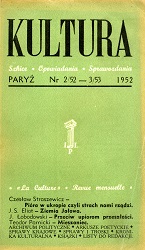
We kindly inform you that, as long as the subject affiliation of our 300.000+ articles is in progress, you might get unsufficient or no results on your third level or second level search. In this case, please broaden your search criteria.

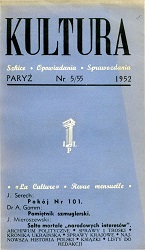
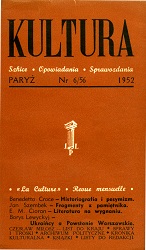
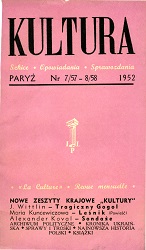
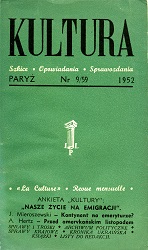
with »Ankieta Kultury "Nasze życie na emigracji"« / »KULTURA survey "Our life in Exile"« as addendum
More...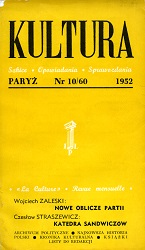
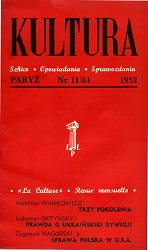
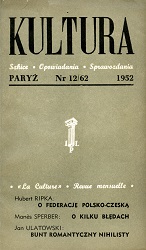
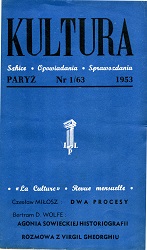
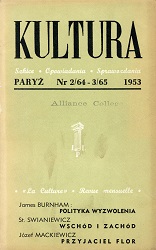
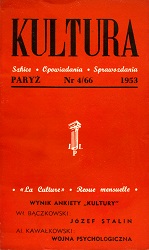
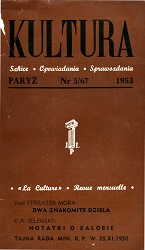
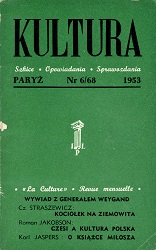
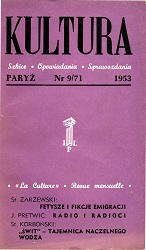
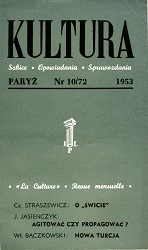
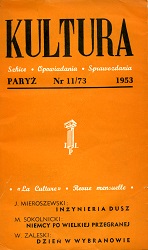
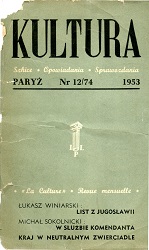
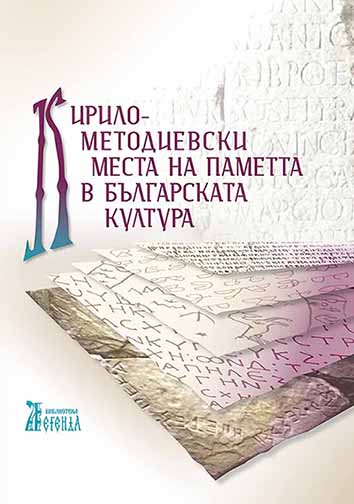
The present collection of articles is the result of the work on the project “The Cyrillo-Methodian Places of Memory in Bulgarian Culture” of the Cyrillo-Methodian Research Centre at the BAS. It is a contribution to the estsblishment of European cultural route "Cyril and Methodius", which is part of the virtual cluster "Cyrillomethodikon" within the framework of project No. BG05M2OP001-1.001-0001 "Establishment and development of Centre for excellence "Heritage BG". The research focus in the collection are "places of memory" in Bulgarian culture, which to become into elements of the Bulgarian part of the route.
More...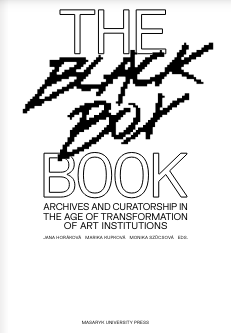
The publication is the result of the efforts of an international collective of authors to capture the transformation of exhibition institutions and curation during the Covid 19 pandemic, with a focus on the year 2020. It seeks an answer to the question of how curatorial strategies, communication platforms and the social function of exhibition institutions have changed under the influence of rapid and external circumstances, that forced transition from physical gallery spaces to online. It critically reflects on the exhibition project Černá skříňka/The Black Box (Galerie TIC), in which several curatorial approaches were applied, including the use of artificial intelligence, and places it in the broad context of curatorial projects that were carried out at the same time at home and abroad as well as in the network of terminology apparatus, which is built around the phenomenon of online curation. The research method is a combination of writing the history of presence, mostly from the pen of direct participants, which lends authenticity and engagement to the texts, with theoretical reflection informed by digital and network media theory.
More...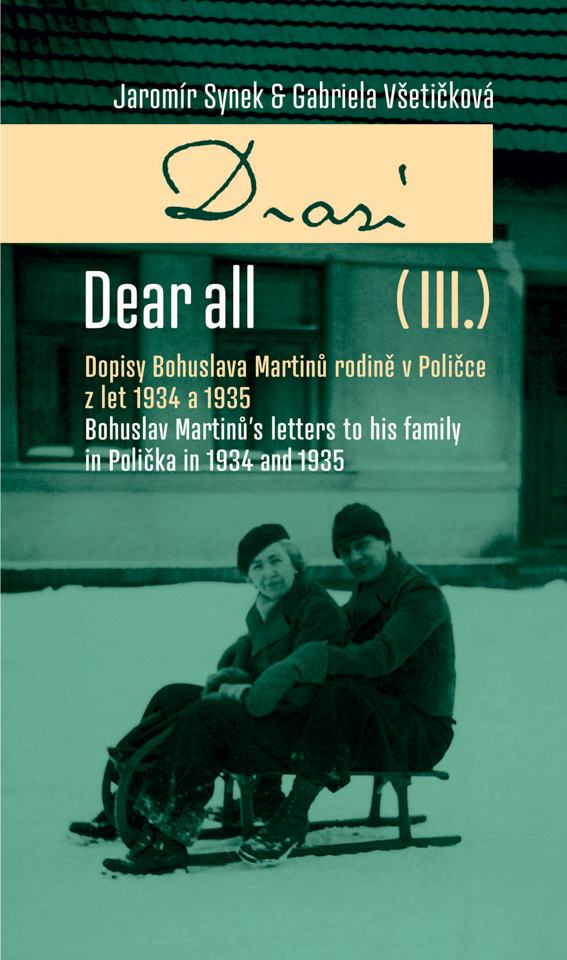
The monograph is the third volume of Bohuslav Martinů's correspondence with his family in Polička. It comprises 56 items of correspondence from 1934 and 1935. Although one-sided, as only letters sent by the composer were preserved, the correspondence contains Martinů's unique and authentic remarks on both his personal and his professional life, in which he shared his news, intentions, and opinions both with his closest relatives and, through them, to a broader circle of friends in Polička and Czechoslovakia. The Czech version provides a true diplomatic transcription of Martinů's manuscript letters and includes facsimiles of the correspondence. Comprehensive annotations give historical context. The monograph includes a parallel English translation.
More...